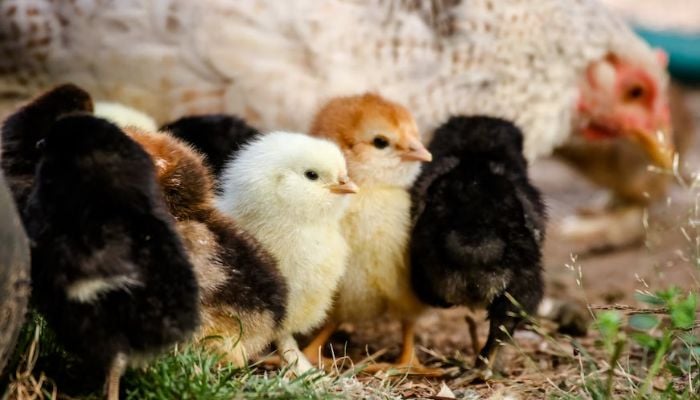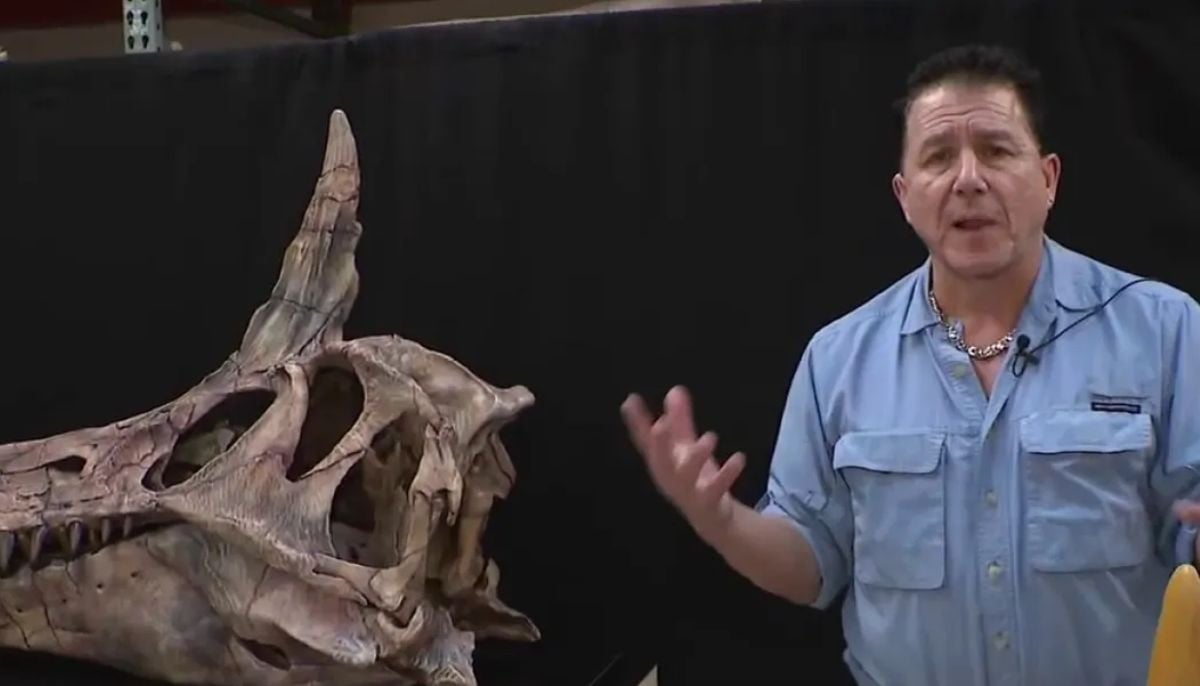Gene-editing could end misery of billions of hens
Invention could stop annual culling of billions of male chickens who are killed because they don't lay eggs
Israeli scientists claim that they have created gene-edited hens that only produce eggs that give rise to female chicks. The invention could stop the annual culling of billions of male chickens who are killed because they don't lay eggs.
When the female chicks reach maturity, neither their eggs nor the initial genetic modification is present.
Compassion in World Farming, an organisation dedicated to animal welfare, has supported the study.
The creation of what the project's head scientist, Dr Yuval Cinnamon from the Volcani institute outside Tel Aviv, refers to as the "Golda hen," will have a significant impact on animal welfare in the chicken sector, he told BBC News.
"I am very happy that we have developed a system that I think can truly revolutionise the industry, first of all for the benefit of the chickens but also for all of us, because this is an issue that affects every person on the planet," the outlet quoted him as saying.
The Golda chickens now have gene-edited DNA that can prevent the development of any male embryos found in the eggs they lay. When the eggs are exposed to blue light for several hours, the DNA is activated.
The blue light has no effect on the development of female chick embryos. According to Dr Cinnamon, neither the eggs they lay nor the chicks have any extra genetic material.
Farmers will receive the same chicks they already receive, and buyers will receive exactly the same eggs, he assured. "The eggs will be exposed to blue light, which is the sole minuscule change in the creation process."
Since Dr Cinnamon's team intends to licence the technology through its spin-off company, Huminn Poultry, they haven't disclosed their findings, making it impossible for scientists outside of the research group to evaluate the claims.
But the UK-based organisation Compassion in World Farming (CIWF), whose personnel visited the company and monitored the research for three years, has collaborated with the Israeli team. According to its principal policy advisor Peter Stephenson, the development might prove "extremely important" for animal welfare.
"Normally I am very wary of using gene editing of farm animals. But this is an exceptional case and I, and my colleagues at CIWF are supportive of it," he told the BBC.
The UK Parliament is now debating legislation that would permit some limited gene editing for commercial farming in England, the network reported. It is anticipated that regulations will be gradually relaxed after the bill is passed early in the next year, allowing the technology to first be utilised just for plants.
The government views gene editing (GE) as having greater public acceptance than the more traditional method of genetic manipulation (GM). GE often entails manipulating genes by removing DNA, whereas GM typically includes adding DNA, occasionally from a different species.
-
Climate change vs Nature: Is world near a potential ecological tipping point?
-
125-million-year-old dinosaur with never-before-seen spikes stuns scientists in China
-
Scientists stunned as shark appears for first time in Antarctic Southern Ocean waters
-
New study suggests universe can end in ‘Big Crunch’ in 20bn years
-
Hidden Venus: New data discovers massive underground Lava Tube
-
‘Earth is defenseless against city-killer asteroids’: NASA issues stark warning
-
Annular solar eclipse 2026: Where and when to see the ‘Ring of fire’
-
Bright green comet C/2024 E1 nears closest approach before leaving solar system












